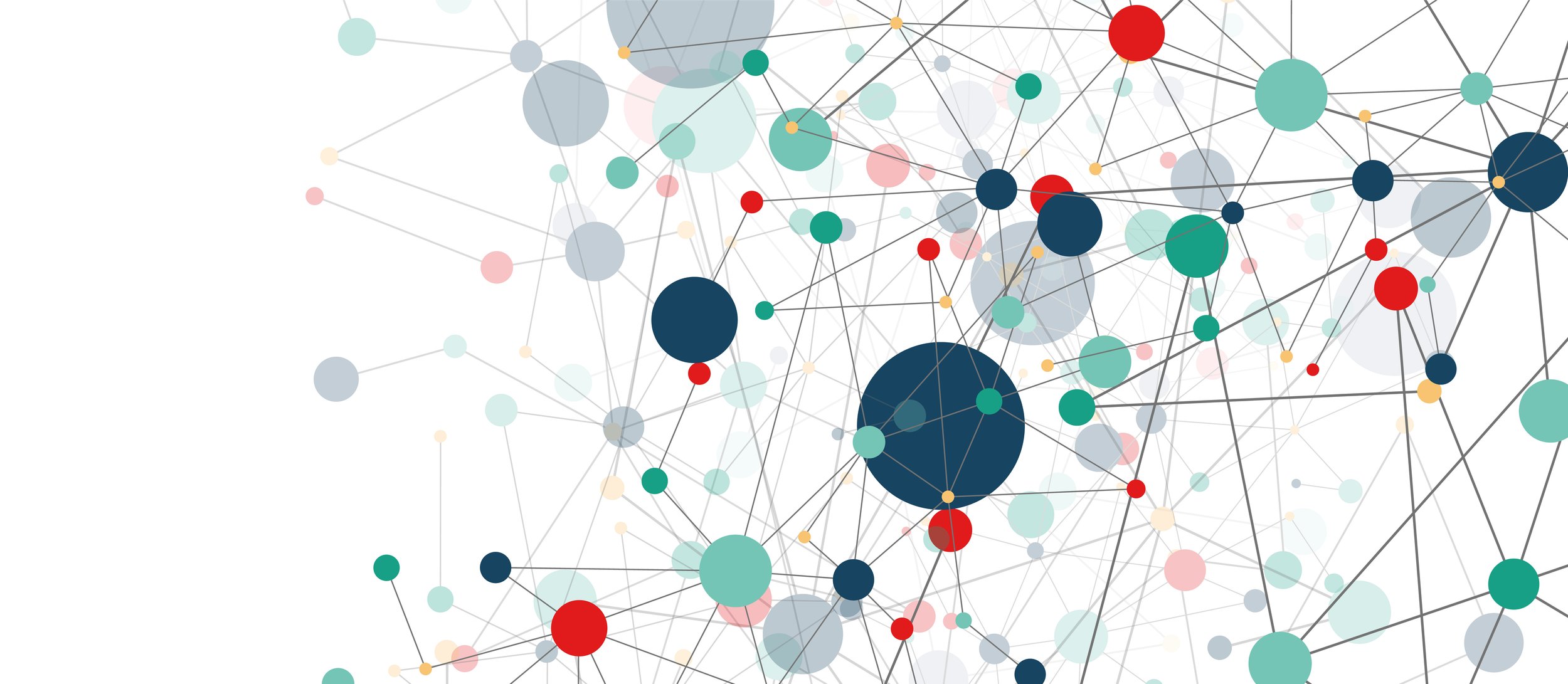
ethnic studies
Culturally responsive pedagogy for social science/ethnic studies curriculum and instruction.
As award-winning social science / ethnic studies curriculum writers and practitioners, we know firsthand the impact that culturally relevant and sustaining social science education can have on our students, and ultimately, in our society. Critical Learning Collaborative would love to partner with teachers to create culturally relevant and sustaining social science courses, lessons, or units that help students examine the role of Black, Indigenous, and other people of the global majority in U.S. history. Teachers will center race and ethnic relations in the U.S. through the lens of major issues: racism (structural and institutionalized), discrimination, privilege, and immigration/migration.
To keep up with our ever-changing world, teachers will also learn to create engaging lessons that help students expand their media literacy skills by examining the role that the media plays in creating messages that work towards eliminating or perpetuating racism. Teachers will learn to help students apply concepts they have learned in class to not only contemporary issues, but to their own lives. This partnership will help teachers create a curriculum that will push students to go beyond describing social reality (ex: there is a lot of violence in certain parts of our city/world) or historical events, to analyzing them by asking, “How and why did this happen/How did we get here?” and “How can I change this?” This partnership is also designed to help us examine some of our deeply held beliefs and assumptions and to explore why we believe what we do. Through close analysis of historical events and social issues, the goal is to create a curriculum where students feel accountable for helping create a more just society in their communities, cities, states, and our world.
The partnership will be grounded on the following six (6) principles:
Co-creating spaces of healing and community to reclaim cultural practices via story-telling
Ubuntu, In La ‘Kesh & Isang Bagsak: A deep belief that we are all connected, nothing exists without the relationship to the other, and what happens one, ultimately impacts the other. (From South African, Maya and Filipino beliefs)
Decolonial pedagogy: examining systems of power, patterns of inequity, deficit mindset created by colonial impact, and taking action to achieve liberation
Critical self-reflection to better understand ourselves, our role as educators, as well as to understand our students and their lived experiences to better serve their needs
Deep knowledge of historical content
Self-love, humility & knowledge to develop critical consciousness and rehumanize our educational practices

